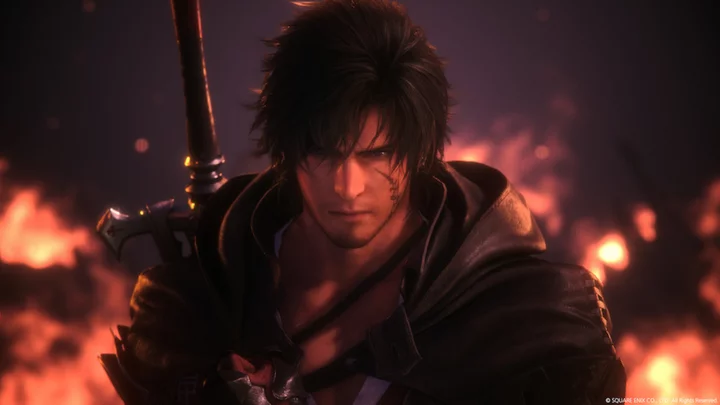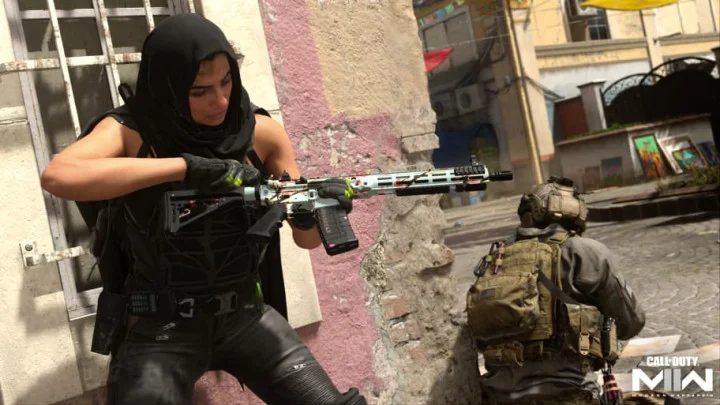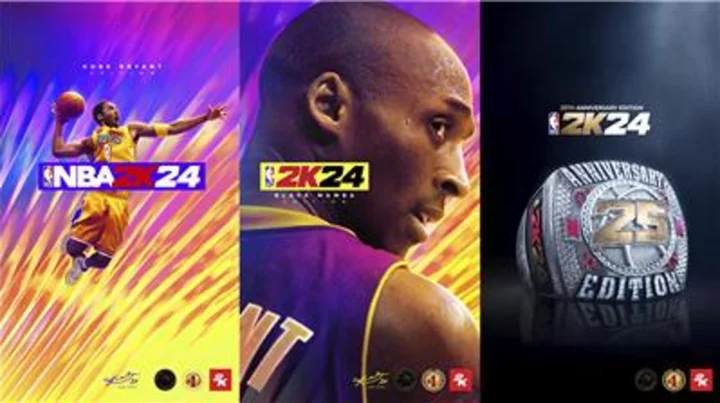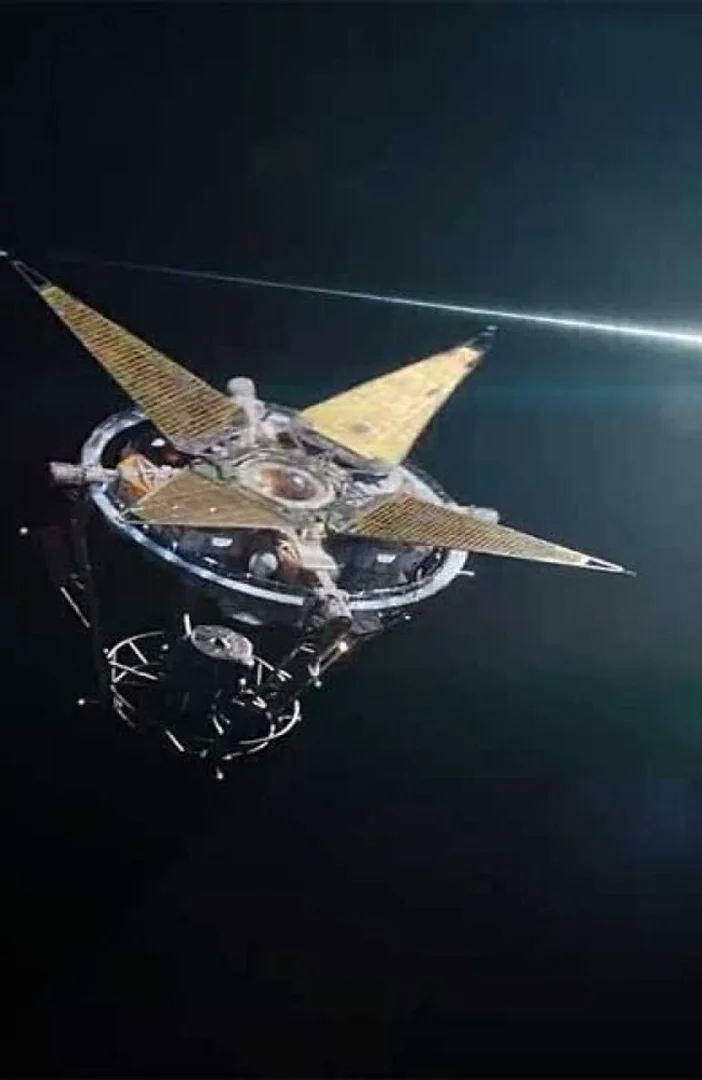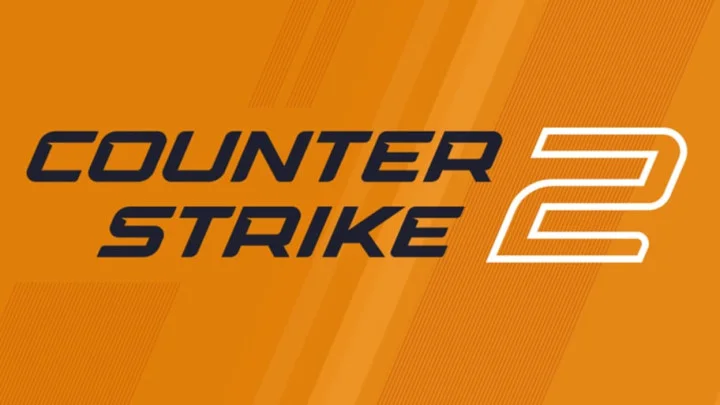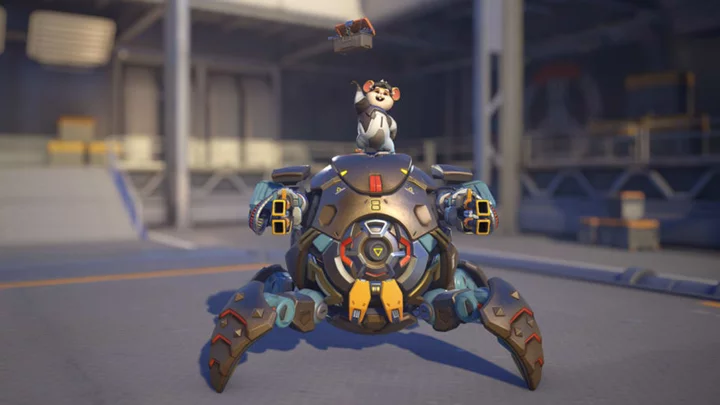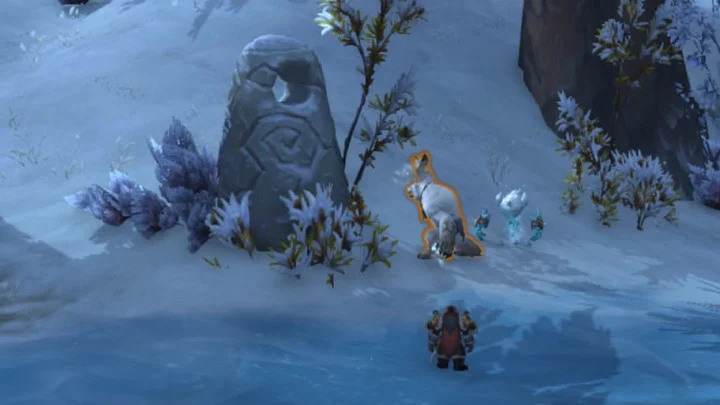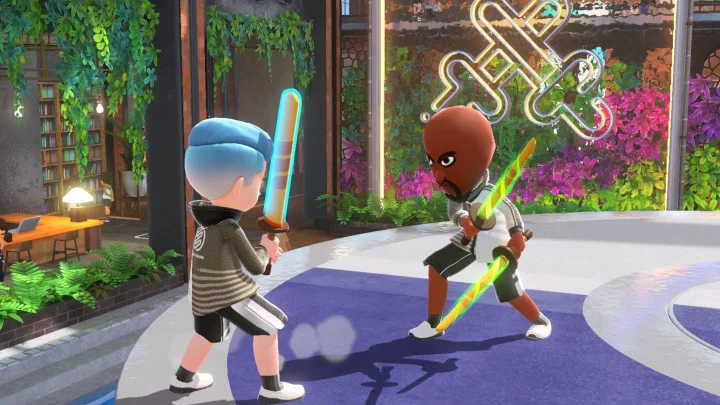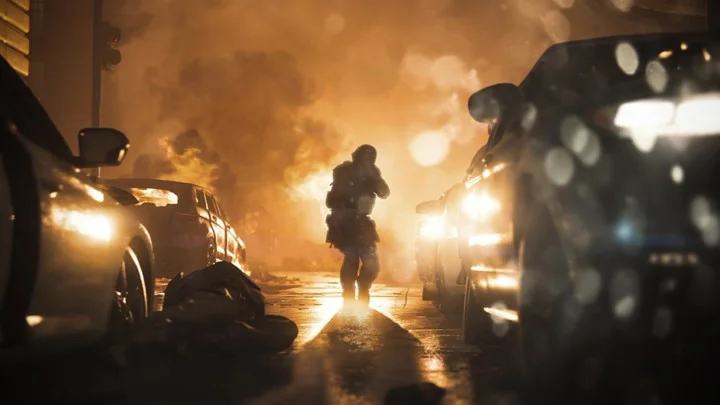It’s alright for things to be different sometimes. Seriously, it’s fine. A video game trying new things can’t hurt you.
As I neared the end of my 50 or so hours with Final Fantasy XVI’s story, that thought swam through my brain more than any other. For a while now, I’ve been seeing fan anxiety in my online circles about how this game “isn’t Final Fantasy enough” because it isn’t turn-based, or because it’s a little grey, or because you fight goblins and orcs instead of Cactuars and Tonberries.
I can’t help but feel like that mindset is focusing on the wrong things. What Final Fantasy XVI is matters so much more than what it isn’t. This is a solidly good-to-very-good action RPG with excellent combat and a decent story that oscillates a little too much between staid exposition and straight up Dragon Ball Z nonsense.
SEE ALSO: The Legend of Zelda: Tears of the Kingdom is a delightful mix of boldness and familiarityIt hits more than misses, but its misses have nothing to do with the fact that it doesn’t adequately resemble other games.
FFXVI brings back high fantasy
These crystals are huge! Credit: Square EnixAs you probably know by now if you’ve seen any marketing for FFXVI, Square Enix made the decision to bring Final Fantasy back to a traditional high fantasy setting for the first time since FFIX almost 25 years ago. Pretty much every mainline game in the series since then has dabbled in something resembling steampunk or futuristic technology, but not this one. FFXVI is about dudes killing each other with swords and magic in a land of castles and crystals.
It’s straightforward and focused in ways I appreciate, and it doesn’t hurt that the core conceit of the world of Valisthea is interesting: Five mountain-sized Mothercrystals litter the twin continents of Storm and Ash, bestowing the gift of magic upon anyone in their vicinity through the use of mined crystals. The Mothercrystals also choose individual champions called Dominants, who each represent one of the eight elements of the world and can transform into an elemental demigod called an Eikon.
Yes, there are a bunch of ridiculous fantasy kaiju battles between Eikons at pivotal points in the story. More on those later.
Each nation treats Dominants differently. Some revere them as gods and give them positions of high power in government, while at least one views them as useful abominations to be enslaved. Nations fight over control of Mothercystals like we fight over oil in real life, and Dominants are their weapons of mass destruction, voluntarily or otherwise.
Bahamut is just one of several Eikons you'll encounter in Valisthea. Credit: Square EnixOur protagonist is a handsome devil named Clive Rosfield whose younger brother Joshua, the Dominant of fire, is assassinated during the game’s prologue. Clive’s relatively progressive home nation of Rosaria is then turned into an oppressive vassal state of an evil empire, leading Clive on an 18-year quest to not only get revenge, but to reshape the world into a more equitable one for everyone.
Climate anxiety
Valisthea has seen better days. Credit: Square EnixMuch of FFXVI’s story is delivered through lengthy cutscenes of people standing around and talking to each other about the various territorial conquests at play at any given time in Valisthea, a world constantly beset by war. There are even Metal Gear Solid-style slideshows with animated maps and whatnot, which I enjoyed, but others might find a bit too austere.
I don’t think FFXVI is an especially compelling story about war. Yes, it effectively depicts a world full of oppression and suffering (though there’s a little bit more joyfulness than you might expect), but it doesn’t say much other than “war is bad.” However, I do think its story is much better equipped to comment on climate change.
Opens in a new tab Credit: Square Enix Final Fantasy XVI (PS5) (opens in a new tab) $69.99 at Amazon Get Deal (opens in a new tab)Valisthea is slowly rotting due to a mysterious force called the Blight that sucks the life out of every region it touches. Huge swaths of the world have been rendered uninhabitable by the Blight, causing multiple refugee crises. Without saying too much, Clive’s quest becomes less about revenge and more about full-on direct action ecoterrorism.
In doing so, Clive and friends have to grapple with the notion that what they’re doing is causing temporary suffering in the pursuit of long-term survival. It’s hard not to think of all the daily conveniences of American life like cars and air conditioning that make our lives easier while also slowly killing the planet.
How do you live with the fact that your actions are in some ways making life worse for others, even with the best of intentions? And what do you do when your good intentions may not necessarily deliver the results you intended? What if it’s too late to save the world?
Final Fantasy XVI isn’t the definitive text on climate anxiety or anything, but it at least touches on all of those questions enough that I appreciated that aspect of the story more than any other.
The action is the juice
The combat effects in this game are pretty freaking spectacular. Credit: Square EnixNow we get to the fun stuff. FFXVI’s story isn’t where the game departs from its predecessors. Hell, it’s not even the first Final Fantasy game about ecoterrorism. Its combat and general game flow, however, are where things feel really different, in ways that I think are for the best.
I’ve already written extensively about how the combat in this game works, but suffice it to say, this is a fast, reactive, incredibly stylish action game rather than a strategically minded turn-based affair. You also don't have a party in the normal sense, instead focusing entirely on Clive with occasional help from AI teammates. This, it seems, is where the bulk of the “it’s not Final Fantasy enough!” complaints seem to stem from.
Putting aside the fact that there hasn’t been a traditional turn-based game in the series in more than 20 years, I just don’t think that matters even a little bit here. FFXVI’s combat is variable and dynamic the whole way through. I was constantly unlocking new abilities and tinkering with my build from beginning to end. By the game’s conclusion, I felt like I’d broken the combat in a fun way, and I suspect most people will feel the same way regardless of how they play.
It’s just a grand old time to finish a boss off with a combination of godly lightning strikes, anime-ass energy beams, and a screen-filling sword flurry that annihilates everything around Clive Dynasty Warriors-style.
You will have party companions from time to time. Credit: Square EnixAlso fun (if not quite as consistent) are the Eikon battles. There are a handful of these throughout the story and they’re easily the most visually resplendent part of FFXVI. They vary a bit mechanically between 3D beat-em-up fights, on-rails shooter segments, and the most ludicrous quick-time events you’ve ever seen, but they’re pretty simple. It’s all spectacle and I appreciate that.
Therein lies the strangest aspect of FFXVI, though. When Clive is fighting enemies (either in human form or otherwise), this game is as flashy and flamboyant as it gets. Magical effects assault your eyes as the camera stylishly swings down and around Clive when he performs big moves. It’s awesome.
But when you’re not fighting enemies, everything just feels a little too dry. It opts for a more muted Game of Thrones style of melodrama than the anime-inspired stuff of Final Fantasies past. That’s perfectly fine in the abstract; I loved Game of Thrones. But almost violently switching between DBZ-esque beam struggles with passionate speeches about friendship and more proper court intrigue with asides about the importance of honor and duty can feel dissonant at times.
Kill nostalgia
There are SOME nods to classic 'Final Fantasy' here. Credit: Square EnixI’ve established at this point that Final Fantasy XVI is not a perfect, or even great, game. I enjoyed the hell out of it with some nagging complaints about its use of fantasy tropes. That’s a perfectly normal and reasonable way to feel about a video game.
What I don’t think is reasonable is the idea that this game (or any game) has a duty to remind you of other games. Frankly, I don’t really care that this game doesn’t have the same roster of cutesy enemies as Final Fantasy IV. It’s not some great sin that the chocobo music doesn’t play when you ride a chocobo. Different games within a series are allowed to be different.
Do I wish it were a little more colorful? Sure! Do I think it needs to be more colorful specifically because other Final Fantasy games are more colorful? Absolutely not. I think you have to kill the little voice in your head that insists that everything was better when you were 12.
I say that because I hear it, too. I could easily spend all my time with FFXVI wondering why it’s not more like other, better games in the series, but that’d be a waste of energy. It’s not like those games because it’s not trying to be like those games. It has its own goals and ambitions, as it should. The core premise of Final Fantasy has always been that each game is unique and self-contained.
I can’t demand that anyone likes this game as much as I do. I wouldn’t, even if I could. All I ask is that you consider it on its own terms, on its own merits, without letting nostalgia for something you played 20 years ago cloud your thoughts.
Final Fantasy XVI launches exclusively on PlayStation 5 on June 22.

